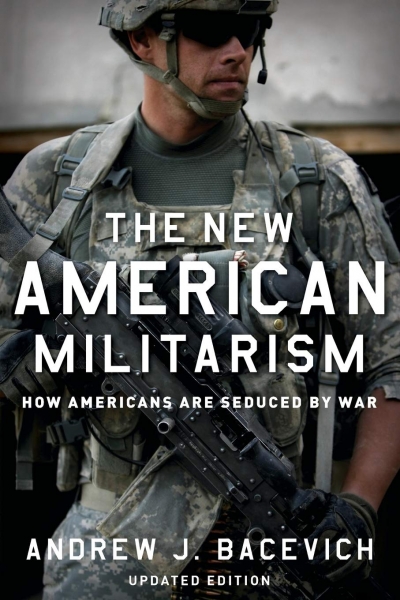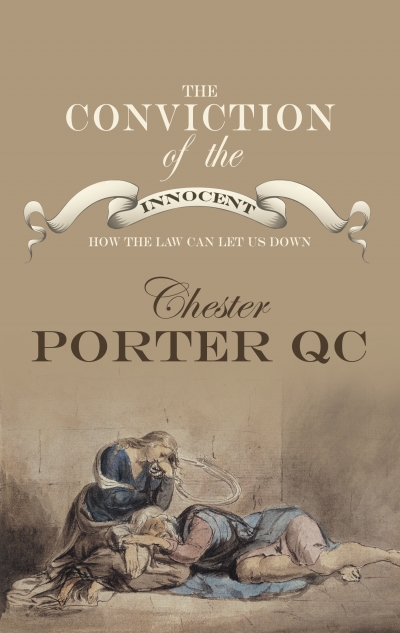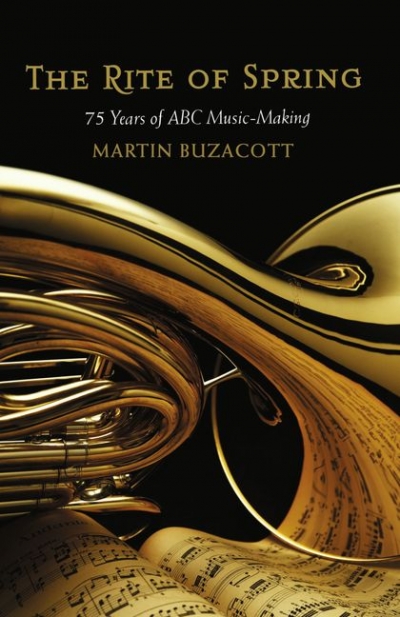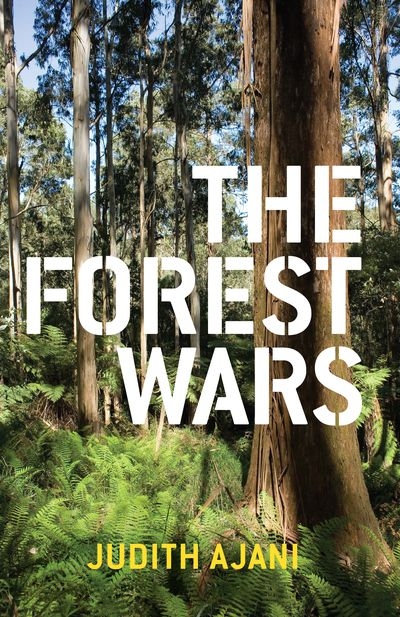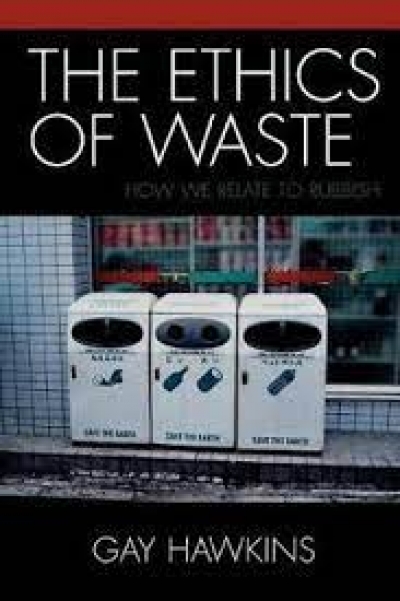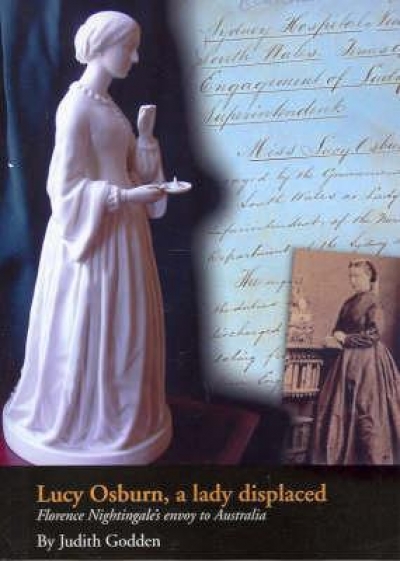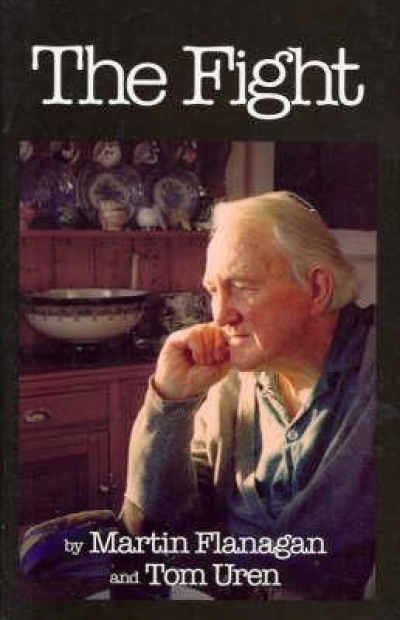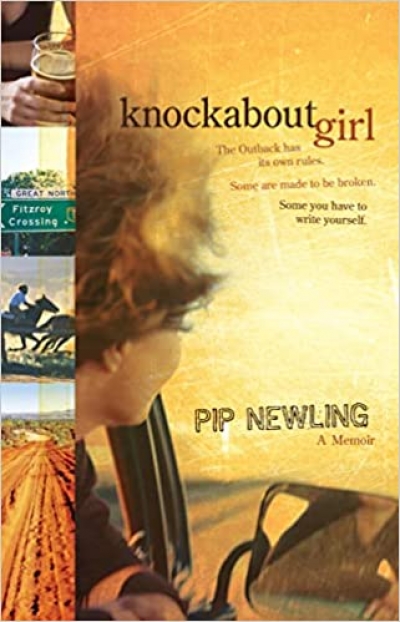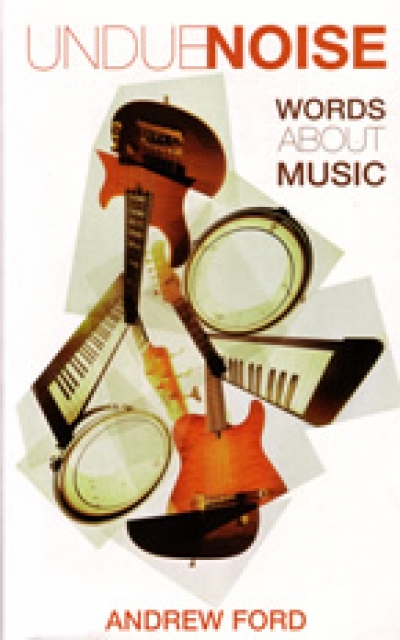NonFiction
The New American Militarism by Andrew J. Bacevich & Unintended Consequences by Kenneth J. Hagan and Ian J. Bickerton
by Richard Broinowski •
The Conviction of the Innocent: How the law can let us down by Chester Porter
by Philip Selth •
The Rite of Spring: 75 Years of ABC music-making by Martin Buzacott
by Robert Gibson •
Blast: Poetry and other critical writing, issue 4 edited by Ann Nugent
by Steve Evans •
The Ethics of Waste: How we relate to rubbish by Gay Hawkins
by Rory Dufficy •
Lucy Osburn, A Lady Displaced: Florence Nightingale's envoy to Australia by Judith Godden
by Beverley Kingston •

